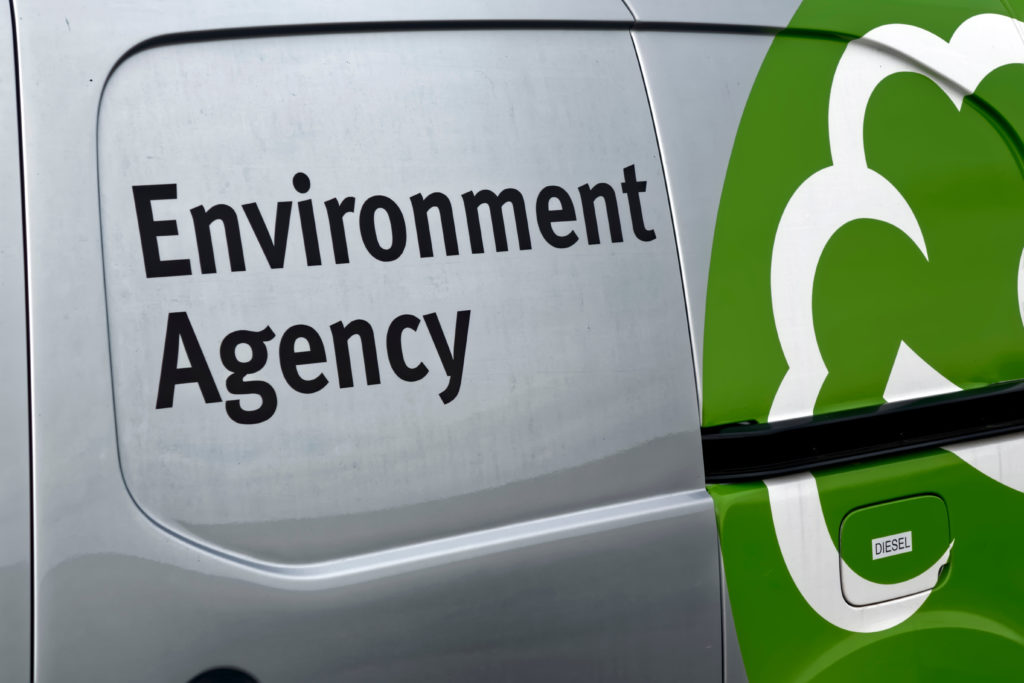It was reported last week that the British Retail Consortium (BRC) had written to environment secretary Steve Reed to call for the scheme to be delayed.
The environmental charity pointed out that retailers have had “nine years to prepare for its implementation”.
The DRS was first announced in the 2018 Resources and Waste Strategy. The government laid the first draft legislation for the scheme on 25 November last year which applies to England and Northern Ireland.
The Welsh government pulled out of a joint UK-wide DRS a week before the regulations were laid in parliament.
The scheme is currently set to come into effect in October 2027.
Keep Britain Tidy said that other schemes around the world receive 84% support from the public and that a poll in the UK indicated 69% were in support.
‘Retailers must support DRS’
Allison Ogden-Newton OBE, chief executive of Keep Britain Tidy, said: “Retailers must support this decisive measure which will control the millions of tonnes of packaging they produce each year, specifically the return and recycling of drinks containers they market. Keep Britain Tidy remembers similar opposition to the single-use carrier bag charge before its hugely successful implementation and their subsequent enthusiasm for it.
“The Irish scheme was rolled out in February 2024, just 26 months after regulations were published. There is no reason why our own timeline cannot be met, especially considering it features many of the same retailers and producers and allows for a much longer implementation period.
“As well as being unsightly and damaging to people’s pride in where they live, litter is dangerous to people, pets and wildlife. Each year, for example, more than three million small mammals die trapped in littered drinks containers.
“People are fed up with seeing drinks containers overflowing from bins, lining their streets and ending up in parks, playgrounds, rivers and our seas. With the silver bullet of a DRS, we will reduce this mess and waste by up to 85% saving the taxpayer millions in clean-up costs. We just need to get on and do it and our supermarkets need to do their part.”









Subscribe for free